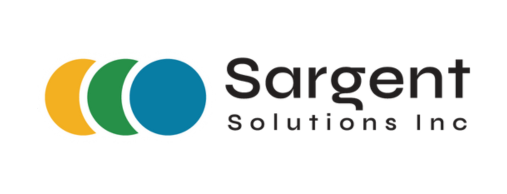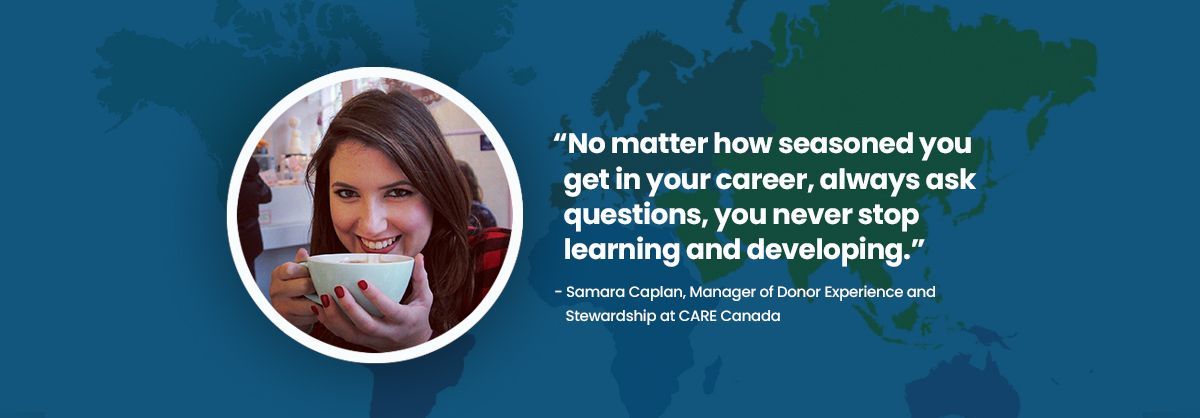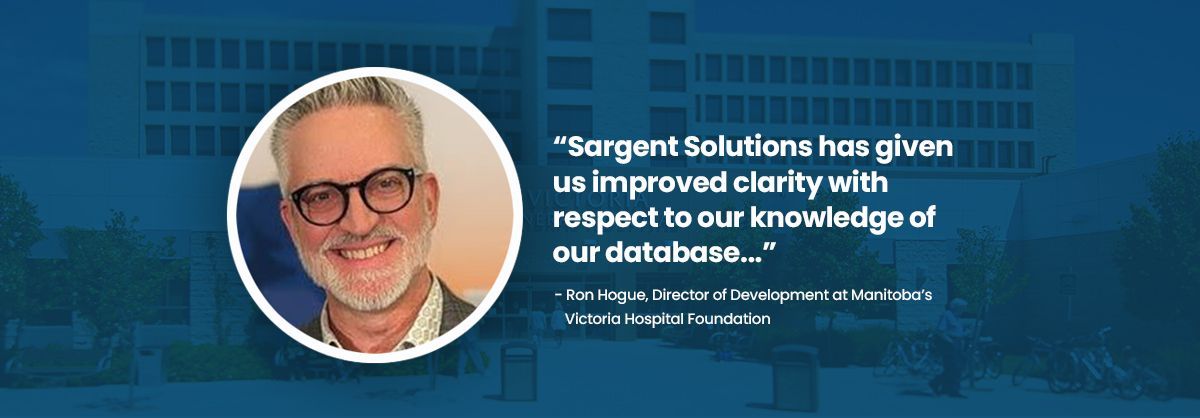Sargent Solutions Blog: October 4, 2022
5 key questions when considering consultants for your non-profit
As a non-profit professional, you know that deciding to hire a consultant is no small thing.

Budgets are tight and stakeholder expectations are high. Yet you also know that there are some areas where your organization simply lacks the expertise needed to thrive in today’s non-profit environment.
Taking a methodical approach to the process of finding a consultant will help ensure you’re making an informed decision. With this quick guide, you can do just that.
To start, your admin team should:
- Reach a consensus that your organization needs external expertise
- Get staff and volunteers on board with the idea
- Determine a budget
- Clarify the type of help you need, whether it’s specific advice and/or training, or full support
With those factors nailed down, here are five crucial questions to keep top of mind as you search for the right consultant for your non-profit.
1. Do they fit into the culture of your organization?
Consultants should become part of your team, and if their work style is contrary to that of your organization, it’s going to cause conflict and end up being unproductive at best. It has the potential to create a very toxic environment and, in the end, waste time and money.
When interacting with a potential consultant, pay close attention to how they address your concerns. Are they attentive or dismissive? Do they convey respect in all their communications? These details are telling.
2. Do their ethics match those of your organization?
Ethics and accountability are top priorities at non-profits. Unfortunately, that may not be the case in the consulting companies vying for your business. Recommending unnecessary work and attempting to leave a personal stamp on your organization are just two things that unprincipled consultants might do.
To avoid these traps, ask prospective consultants to demonstrate how they put their clients’ success above their company’s reputation and bottom line. If there’s a simple solution to your non-profit’s challenges, you want a consultant that will quickly identify and implement it – not prolong the process and boost billing.
3. Will they go the extra mile for your organization?
Set the bar high. Look for a consultant that will provide superior service, honesty and commitment to your long- and short-term goals. You don’t want a consultant that tells you what you want to hear, knowing they can’t deliver or it’s not in the best interest of your organization.
Urgency can often be an issue when you’re at the point of bringing in a consultant. Evaluate prospective consultants’ responsiveness. Do they keep you on hold for extended periods of time and/or not return your emails or phone calls for days? Will they require you to enter into binding contracts that could end up costing you money for services not rendered?
You’ve heard the stories of sales teams that bully clients into choosing their company, but when clients call for service there’s no one there to help. This can also be true of consultants. So don’t forget to check references.
4. Do they have the right qualifications?
Look at the big picture when considering a consultant. If you’re hiring a database administrator for your foundation, find out whether the consulting firms you’re evaluating have worked with other hospital foundations, education foundations, grassroots charities or national charities. If you’re looking for software support, see if the firms have endorsements or certifications (for example, is it BlackBaud Certified?) You get the picture.
Get a solid grasp on the firms’ experience and past/current clients, and whether their team members have backgrounds in finance, fundraising and/or database management. The best consulting firms have a deep well of varied talent.
5. Are they flexible and agile?
Like all organizations, sometimes non-profits don’t know what they don’t know. You may think you need a consultant for software integration, but the right consultant will ask enough questions and dig deep to determine other underlying problems. For example, maybe what you really need is a thorough data clean-up – at least to start.
Stay away from consultants that don’t seek a complete picture of your organization before they propose a work plan. Similarly, rule out firms that push back on your suggestions or ignore your questions. If you find they’re not open to shifting gears as new priorities come up, consider it a red flag.




